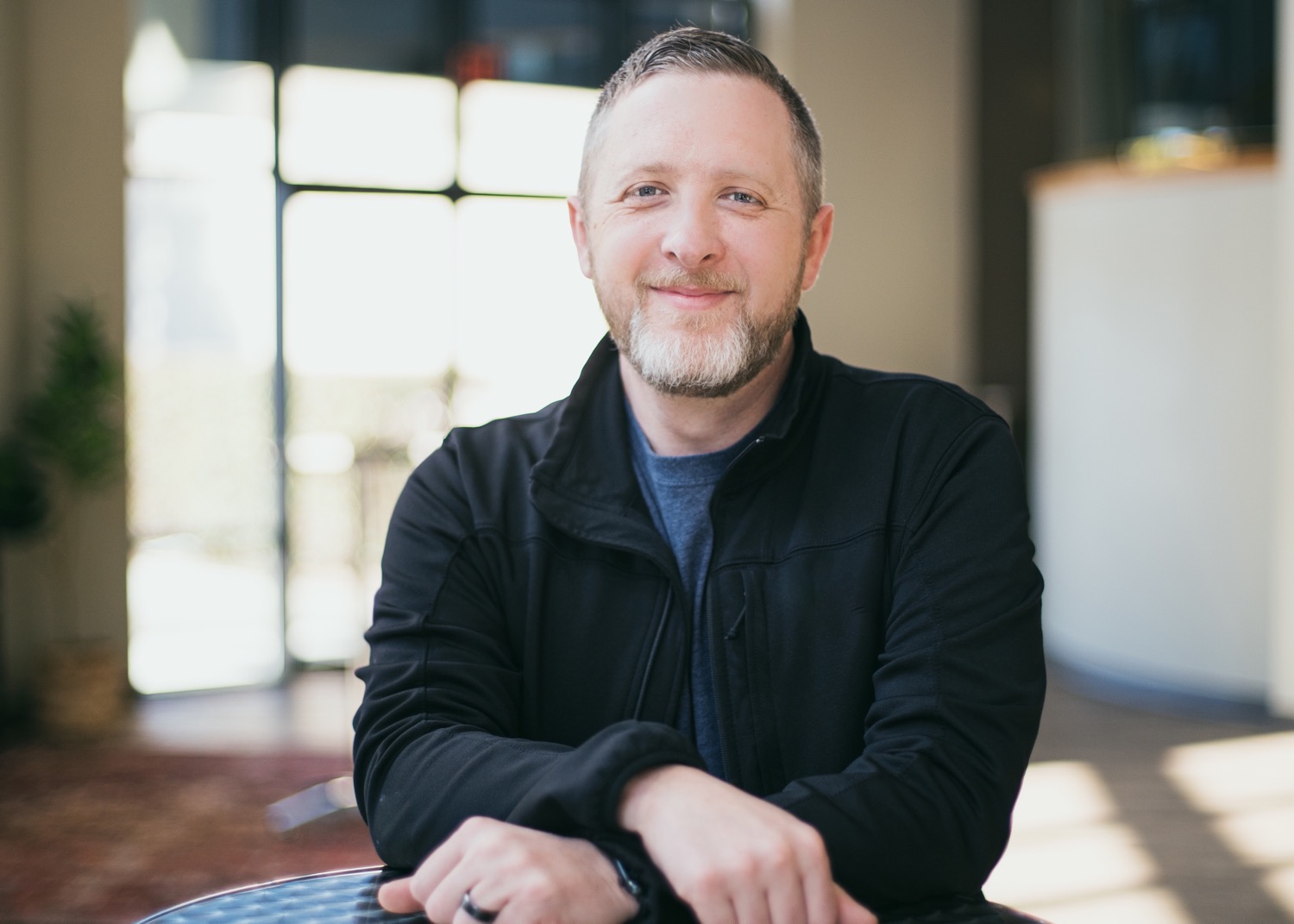Bad Bananas and Dysfunctional Love
- Tim Twigg
- Jul 15, 2015
- 4 min read
Semantics can be an appropriate pain. The first question you may ask is, “What constitutes as dysfunctional?” For dysfunction to exist we must have a sound understanding of what is functional, what is right, what is how it should be. If we know how a thing ought to be, we are alert when a thing is not what it ought to be. For instance, I have a banana on my kitchen counter at home that is starting to go bad. How do I know it’s starting to go bad? Because I know what a good banana looks like. Now that the banana is beginning to become mush, I know it’s time to throw the banana away. Sure, I could try to scoop out the rotten banana with a spoon and insist that it’s still good, but it would be a lie, no matter how much I would wish it to be true.So where is our baseline for love? What is our established norm? What is the mark that all of humanity should seek to emulate? For us to declare a thing as functional when it is not promotes the abolishment of absolute truth. We vociferate the relativistic chant, “What’s right for you may not be right for me. What’s right for me, may not be right for you.”
Truth should always be right, even though it may not be agreed upon. All of us, despite our relativistic tendencies can decipher the truth from the lie. The lie is contrary to the truth. We can agree upon a truthful statement opposed to an untruthful one because despite what we’d prefer the truth to be, the truth can only be what is in its nature to be. Right, not wrong.
It’s easy to determine truth from a lie when in regard to our words, but less in regard to our lives. And as the old cliché goes, actions speak louder than words. If there can be a wrong action, we must know the right action. It’s innate. It’s internal. We can know, because of how we are created. We are created in the image of truth. We are created to function in a right way, with the freedom to choose the wrong way. Our actions are acceptable only when we remove absolute truth from the conversation.
If are not truthful with ourselves we cannot judge others according to the lie they live.
We are created by God, who is love, to live in love, to act in love, to exemplify functional love. The baseline is the agape love of God and His Word given to us. We know we are wrong when we align our lives, no matter the area, with the Word of God.
No matter who you are, no matter what the background, sexual preference, religion or creed, we can all agree that love can be dysfunctional. We see the spouse in a physically and emotionally abusive relationship and we’re quick to say, “that’s not love”. How can we say such a thing unless we know what functional love is? We see the pedophile’s addiction to children or the man who has an intimate relationship with his car (seriously) and we can easily say, “that’s not love”. How can we say such a thing unless we know what functional love is?
Can love be dysfunctional? Yes. Can dysfunctional love be accepted as functional? Yes. We can pass laws that say functional love looks like a sexual relationship with your car. We can decrease, by law, the age limit for intimacy and inform the pedophile that their passion for children is ok, by law. We can offer legal and governmental permission on any kind of sexual preference in the name of freedom of rights and in the eyes of society, culture, and government can declare dysfunctional love to be functional.
But governments cannot determine what love should look like. Laws do not make love functional. To offer mantras such as, “love and let love”, cannot be accepted if what is happening is not love established by truth. Love can be a lie and it can be dysfunctional.
Authentic love requires me to speak and to act. If I knew my friend would get assaulted, beaten, addicted, or hurt in any way from a choice they would make, authentic love would demand I speak.
Authentic love is not, nor has it ever been, tolerant.
If my brother were to want to try heroin I would do everything in my power to prevent my brother from being successful because I love him. I would in no way say, “Well Tom, if you’re ok with it, I should be to. Go for it. I don’t agree, but if you think it’s right I have no ground to stand on.” My love for him would not tolerate it.
It is possible to love and punish. It is possible to love and disagree.
“Love and let love” is contradictory at its core, and only in love could I ever make such a statement.
It is impossible to love God and not live according to His Word. It’s impossible to live according to His Word and love dysfunctionally. God so desperately wants us to love Him and love each other in the way he intended. That is a truth we must once again discover in this culture full of dysfunctional love who are content with eating rotten bananas.




Comments